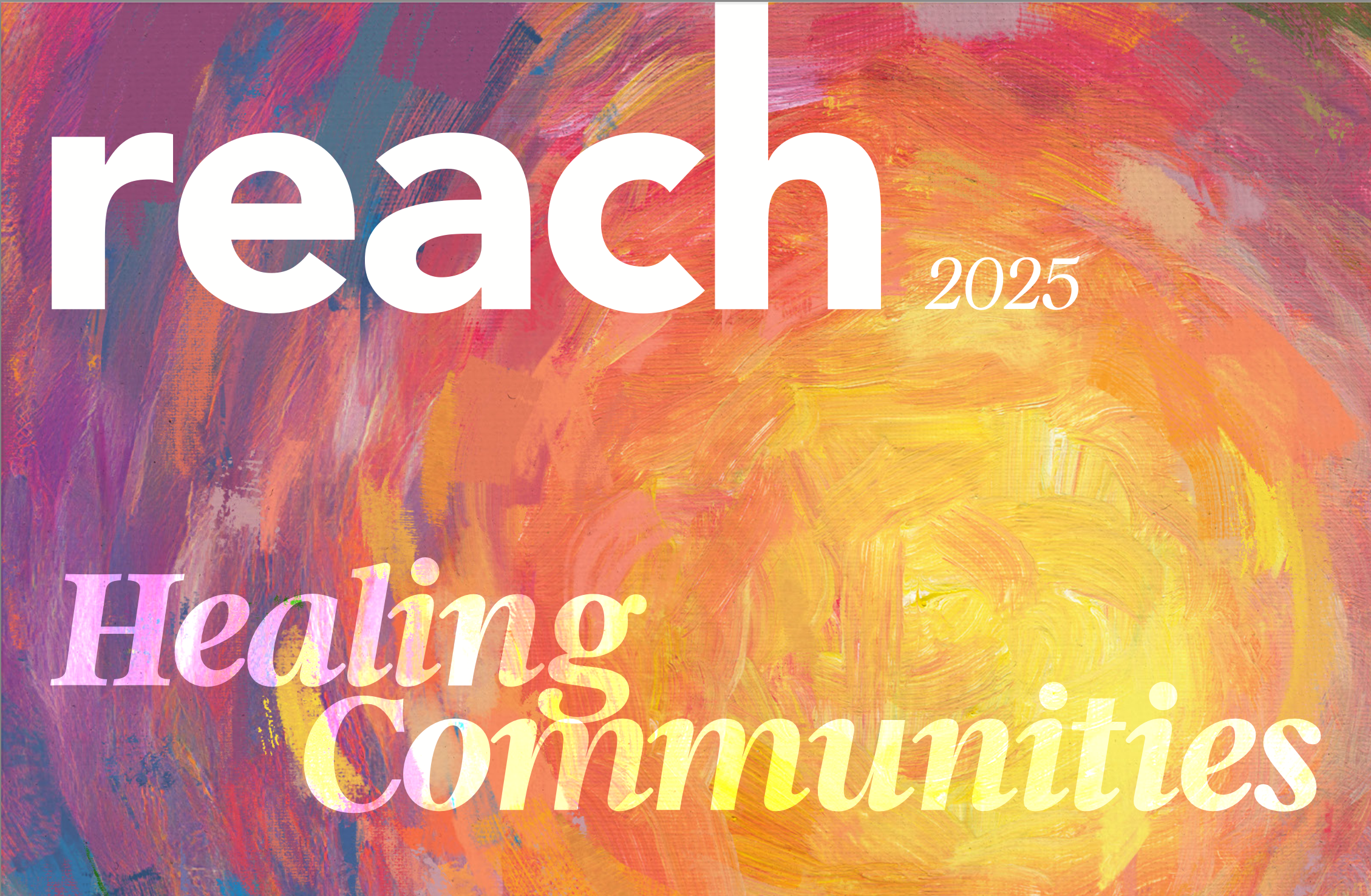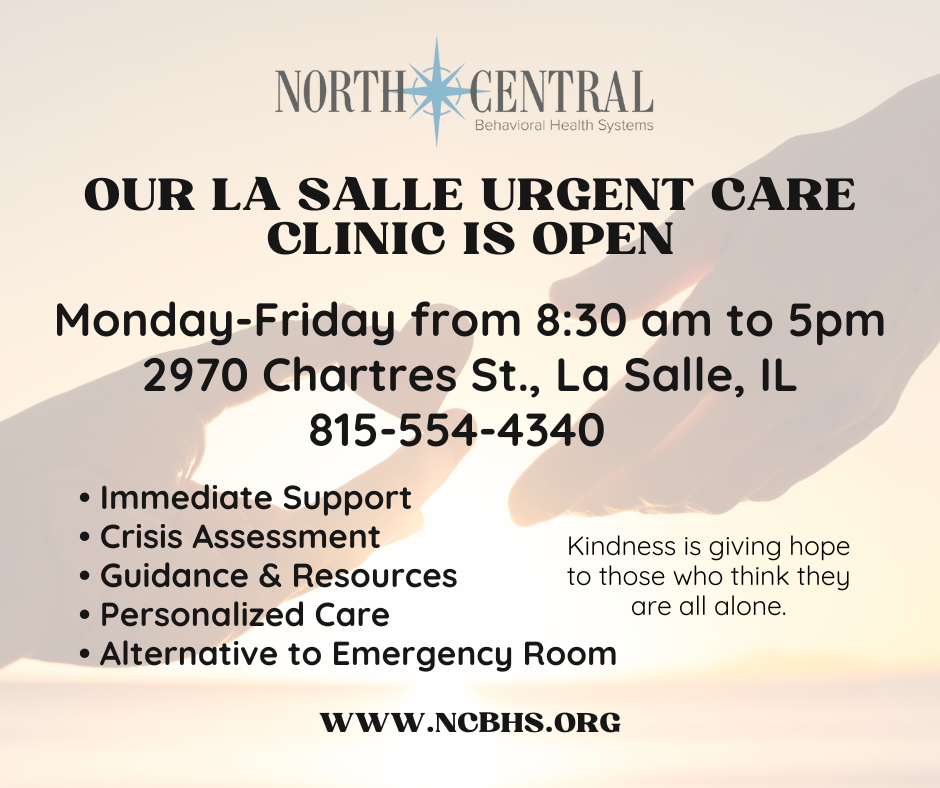October is National Bullying Prevention Month. One out of every five students report being the victim of bullying. Bullying is defined as “intentional behavior that hurts, harms or humiliates a student, either physically or emotionally”. Bullying can happen at school, in the community or online. Bullying is not about conflict, it is about power and control. Kids and adults who bully often use their power, such as physical strength, embarrassing information or popularity to control or harm others.
Bullying Statistics



